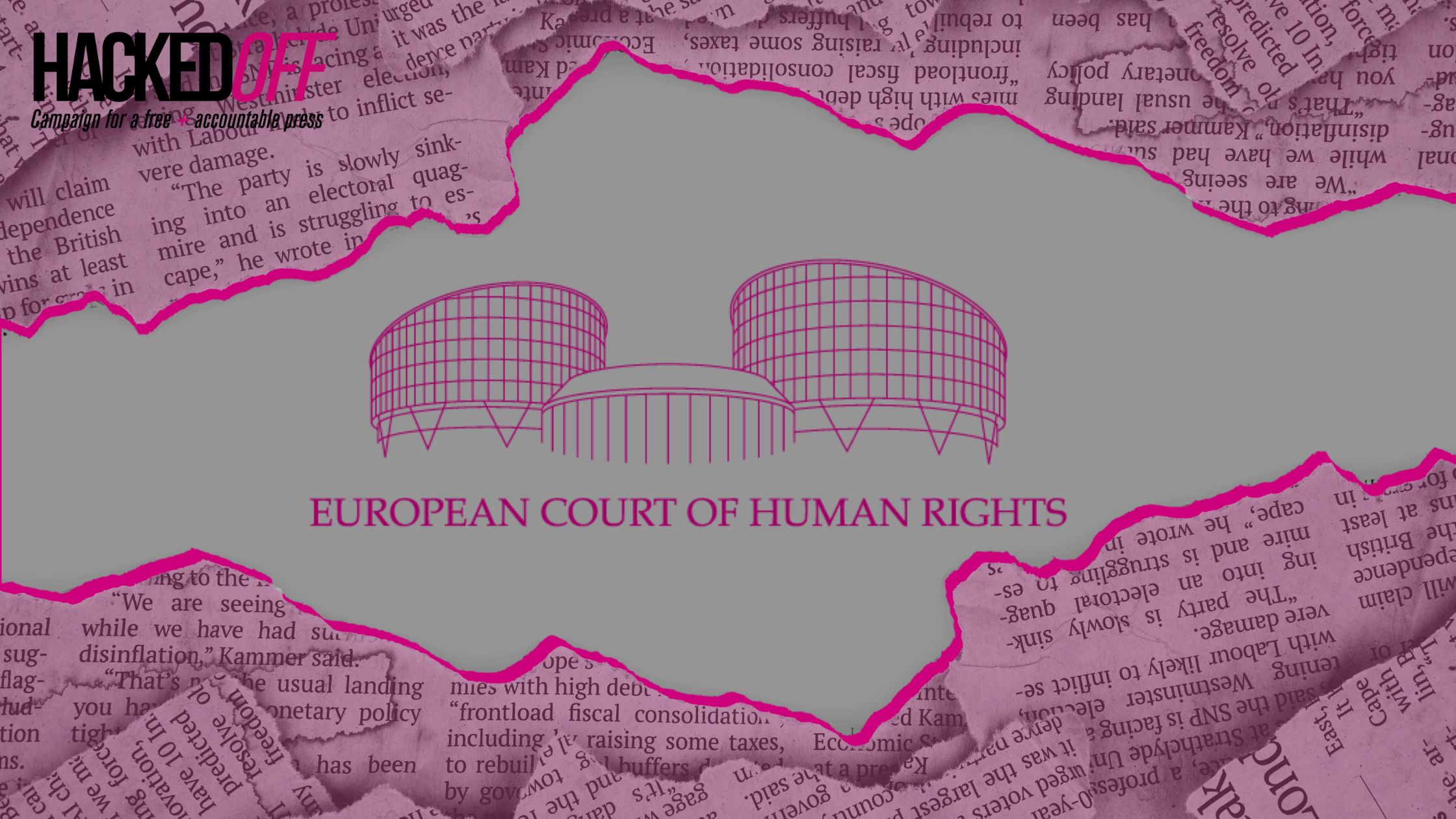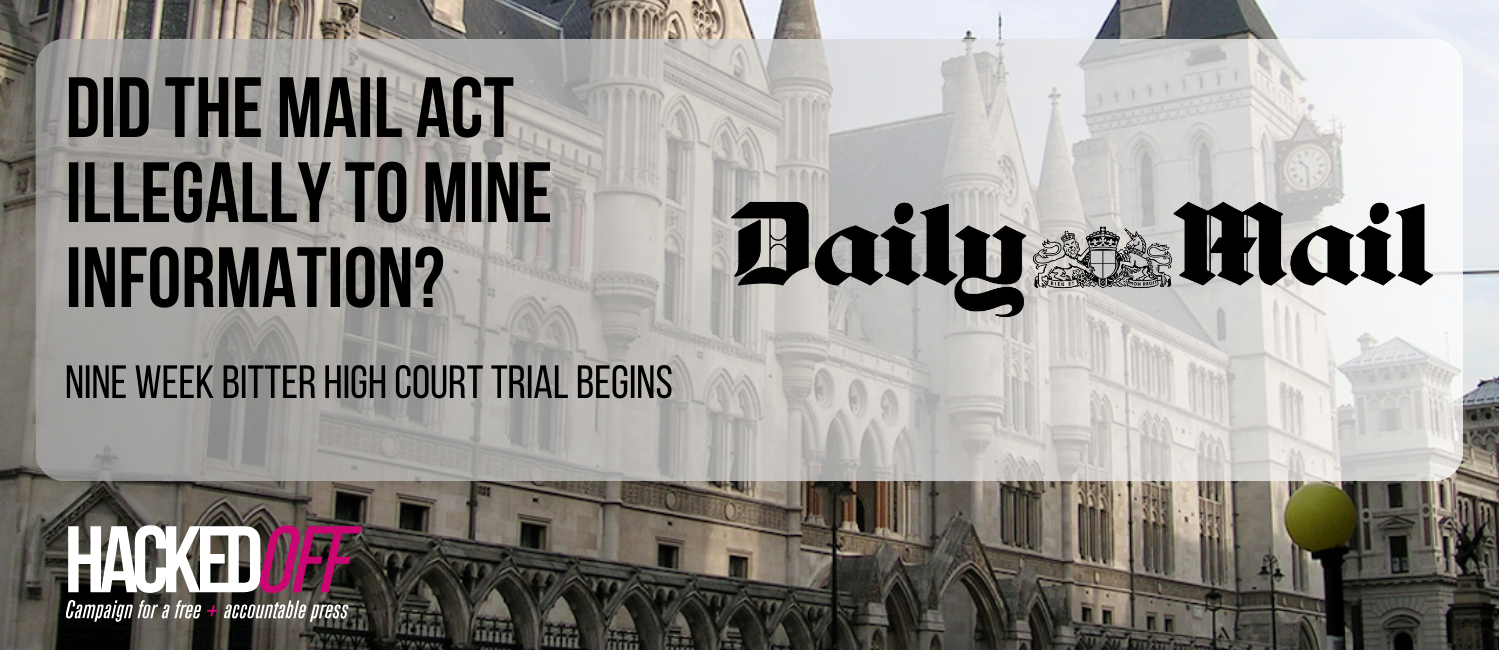


21/10/2025

By Thomas Kinsella
Researchers at the Bonavero Institute of Human Rights at the University of Oxford have published a report examining public debate around the role of the European Convention on Human Rights (ECHR). They found that discussion of the ECHR has been widespread in recent years, and particularly in relation to how it applies to immigration control.
According to their analysis of a wide range of newspaper websites, there have been 379 articles discussing the ECHR, with 75% of these relating to immigration. This is perhaps unsurprising, given that YouGov polling shows immigration has ranked among the population’s top three issues since 2021, and by June 2025 had become the single most important issue to Britons.
However, while public attention regarding immigration and human rights has grown, the report highlights widespread failings by the press to accurately portray the role of the ECHR in the UK’s complex immigration system. For such a complex and salient issue, we must demand better.
The report identifies three main ways newspapers fail to accurately cover the ECHR’s role in immigration tribunal cases.
Firstly, newspapers have consistently reported on cases that are no longer valid because they have been overturned by an appeal in a higher court. In the UK, initial immigration decisions are made by the Home Office and can be appealed to the First-tier Tribunal, which can then be appealed to the Upper Tribunal, Court of Appeal and finally to the Supreme Court.
Whether an appeal is allowed is dependent on the issues raised by the case, and at each stage, the court is empowered to reverse the previous court’s ruling. As acknowledged by AG Lord Hermer, “Courts are always going to make mistakes”, and therefore this appeals process is crucial to ensure that correct decisions are made.
However, certain newspapers have taken to reporting on decisions of the First-tier Tribunal that have been reversed and failing to make this obviously clear or flat out failing to mention it at all. One example of this is a case that made national headlines and was repeated by Kemi Badenoch and Nigel Farage, stemming from an article published on the 9th February 2025 by The Telegraph with the headline:
Albanian criminal’s deportation halted over son’s distaste for chicken nuggets
In fact, the relevant First-tier Tribunal decision (made in August 2024) had already been reversed by the Upper Tribunal in January 2025, and this decision was readily available to read online. And yet, The Telegraph reported on this reversed decision under the highly misleading headline and only got round to mentioning that this decision had actually been overruled in the 28th paragraph.
The second way newspapers have consistently inaccurately represented immigration cases is by dangerously misrepresenting the reasoning behind judgments. Looking once again at The Telegraph article discussed above, the headline claimed that the “deportation [was] halted over son’s distaste for chicken nuggets”.
However, this was a blatant oversimplification of the arguments made, which actually revolved around the claimant’s son suffering from emotional regulation and sensory difficulties, with the example of struggling with chicken nuggets simply being used to illustrate this point as part of a far larger argument. By cherry picking a tiny part of the judgment, they ignore the overall reasoning behind the decision, which was far more nuanced, in favour of suggesting that immigration decisions will be made over such trivial matters.
The final way that the press has misreported on immigration decisions is by referring to arguments that were made by the person facing deportation, but later discarded by the Judge when making their decision.
One example raised by the report is a case where the defendant argued that they could not be deported due to the state of the prison they would be extradited to, including the presence of mosquitoes. The headline, once again in The Telegraph, read “Alleged people smuggler can’t be sent to Belgium ‘because of mosquitos in prison there’”. However, this argument hadn’t been accepted by the Judge; in fact, the judge hadn’t even handed down their judgment yet. They were reporting on an argument made in court but presenting it as the deciding factor.
There is no doubt that the UK’s immigration system is complex, and that the interaction between government policy and the ECHR is not straightforward. The press should help the public understand this complexity. Instead, many outlets have continued to present the ECHR as a “blocker” of immigration policy enforcement, often through lazy or deliberately misleading journalism.
This is not a new issue. As long ago as 2011, the then-President of the Supreme Court, Lord Neuberger, warned that press coverage of human rights cases often “misstate[d] what was said in a judgment.” Yet, as immigration continues to dominate public and political discussion, the need for accurate reporting has only increased.
By misrepresenting how human rights law operates, newspapers risk deepening public misunderstanding and undermining trust in the legal system. In a climate where immigration is politically charged, such distortions can have serious consequences, fuelling division, resentment, and cynicism about the rule of law.
The Bonavero Institute’s report serves as an important reminder that responsible journalism matters. When newspapers misreport on immigration and the ECHR, they shape public perception and political debate in ways that will erode informed democratic debate.
If the press wishes to act as a true public informer, it must move beyond sensational headlines and commit to accurately representing the legal realities that underpin these complex and consequential cases.
By submitting your details you agree to receive email updates about the campaign. We will always keep your data safe and you may unsubscribe at any time.
.png)
